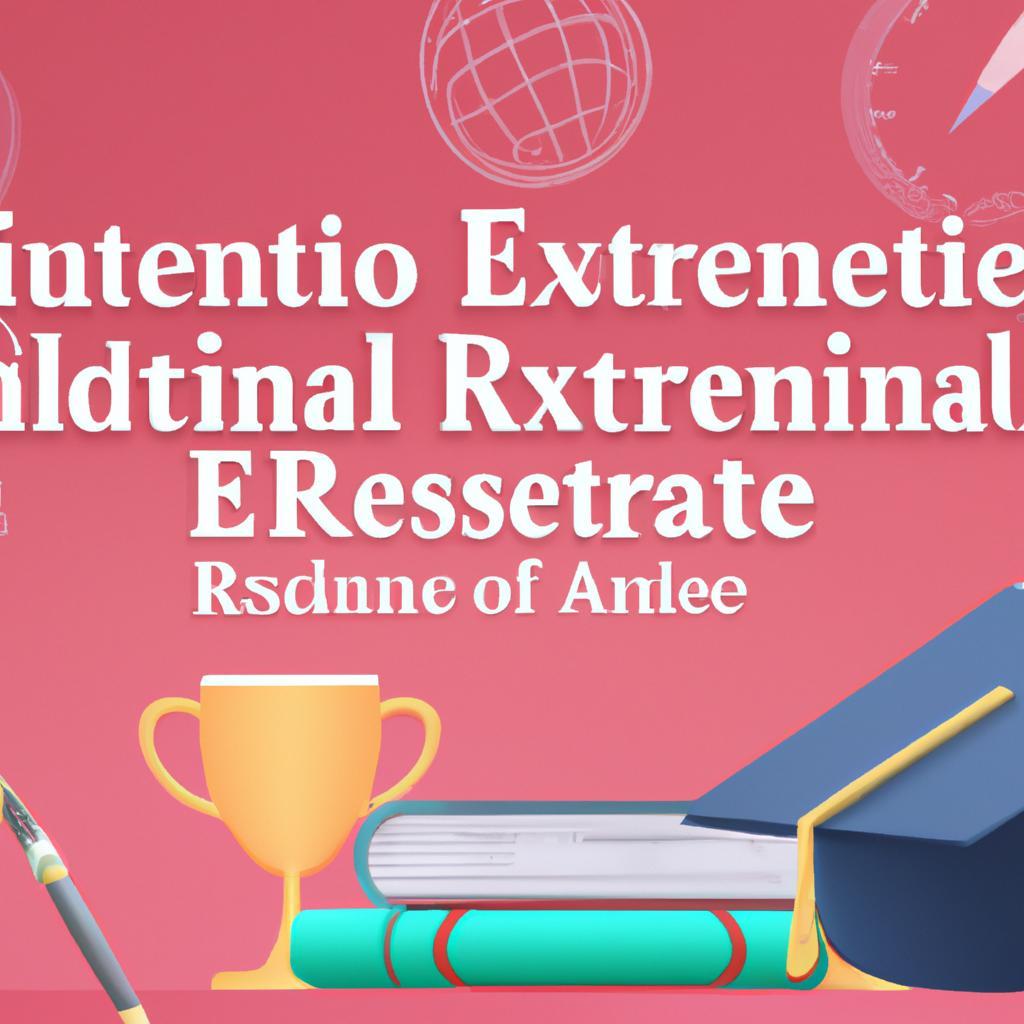
The Importance of Continuing Education in Retirement
Retirement is often seen as a time to relax and finally enjoy the fruits of one’s labor. However, for many individuals, it is also an opportunity to continue their education and expand their horizons in new and meaningful ways. In this article, we will explore the importance of continuing education in retirement and how it can enhance both personal fulfillment and overall well-being.
Table of Contents
- The Value of Lifelong Learning in Retirement
- Exploring New Interests and Hobbies
- Enhancing Mental Acuity and Well-Being in Retirement
- Strategies for Self-Directed Learning Opportunities
- Q&A
- To Conclude
The Value of Lifelong Learning in Retirement
Never stop learning! Retirement is a perfect time to explore new interests, acquire new skills, and deepen your knowledge in areas that fascinate you. Embracing lifelong learning in retirement can not only keep your mind sharp but also bring a sense of purpose and fulfillment to your days.
By engaging in continuing education, retirees can expand their horizons, stay connected to the world around them, and even pave the way for new opportunities. Whether you choose to take a class at a local community center, attend workshops and seminars, participate in online courses, or join a reading group, there are plenty of avenues to pursue lifelong learning. The value of education knows no age limit, and the benefits of continuing to learn in retirement are endless.
Exploring New Interests and Hobbies
Retirement is often seen as a time to relax and take it easy, but it can also be a great opportunity to explore new interests and hobbies. Continuing education in retirement can provide a sense of purpose, mental stimulation, and social interaction. Whether it’s learning a new language, taking up painting, or delving into the world of photography, pursuing new interests can keep the mind sharp and engaged.
One way to continue learning in retirement is to enroll in online courses or workshops. These can be a convenient way to explore a new subject or hobby from the comfort of your own home. Another option is to join a local community college or senior center, where you can take in-person classes and meet others who share your interests. Remember, it’s never too late to learn something new and expand your horizons!
Enhancing Mental Acuity and Well-Being in Retirement
Retirement is a time for relaxation and enjoyment, but it’s also a great opportunity to continue learning and growing. By engaging in continuing education programs, retirees can maintain and even enhance their mental acuity and overall well-being. Keeping the mind active through learning new skills, exploring different subjects, and participating in stimulating activities can help prevent cognitive decline and promote a sense of fulfillment.
Whether it’s taking classes at a local community college, attending workshops and seminars, or enrolling in online courses, continuing education offers a variety of options for retirees to stay intellectually engaged. By challenging themselves to learn new things, retirees can boost their self-esteem, build new social connections, and expand their horizons. With the wealth of resources available today, there’s no limit to the opportunities for lifelong learning in retirement.
Strategies for Self-Directed Learning Opportunities
With retirement comes a new chapter of opportunity for self-directed learning. It is crucial to continue educating oneself even after leaving the workforce. One effective strategy for pursuing self-directed learning opportunities in retirement is to set specific goals and targets to achieve. This helps to stay focused and motivated towards continuous personal growth. By setting measurable goals, retirees can track their progress and celebrate their achievements along the way.
Another important strategy is to explore a variety of learning resources available online and in local communities. Online courses, workshops, and seminars offer a wide range of topics to delve into, allowing retirees to expand their knowledge and skills. Additionally, joining local clubs or groups related to a particular interest can provide valuable learning experiences through discussions, group activities, and hands-on projects. Embracing these opportunities for self-directed learning can lead to a fulfilling and enriching retirement lifestyle.
Q&A
Q: Why is continuing education important for retirees?
A: Continuing education can help retirees stay mentally sharp and engaged, while also providing opportunities for personal growth and self-improvement.
Q: What are some benefits of pursuing further education in retirement?
A: Some benefits include expanding your knowledge and skills, staying up-to-date on current trends and technologies, and potentially enhancing your job prospects or starting a new career.
Q: How can retirees find educational opportunities in their area?
A: Retirees can explore local community colleges, universities, adult education programs, senior centers, and online courses to find a variety of educational options that suit their interests and abilities.
Q: What are some popular subjects for retirees to study in their free time?
A: Popular subjects for retirees to study include art, history, literature, languages, computer skills, wellness and fitness, and creative writing.
Q: Is there financial assistance available for retirees who want to pursue further education?
A: Some institutions offer discounted tuition rates for seniors, and there are scholarship opportunities specifically for older students. Retirees should also check with their employers or retirement benefits to see if they offer any educational assistance programs.
To Conclude
As we reach retirement age, it’s easy to think that our learning days are behind us. However, continuing education can be a valuable and fulfilling pursuit in our golden years. Whether it’s learning a new language, exploring a new hobby, or taking a class to expand our knowledge, the benefits of continuing education in retirement are endless. So let’s embrace this chapter of our lives as an opportunity for growth and discovery, and remember that it’s never too late to keep learning. Let’s keep our minds sharp and our spirits young by continuing to educate ourselves and enrich our lives in retirement. After all, as the saying goes, “You’re never too old to learn something new.”

